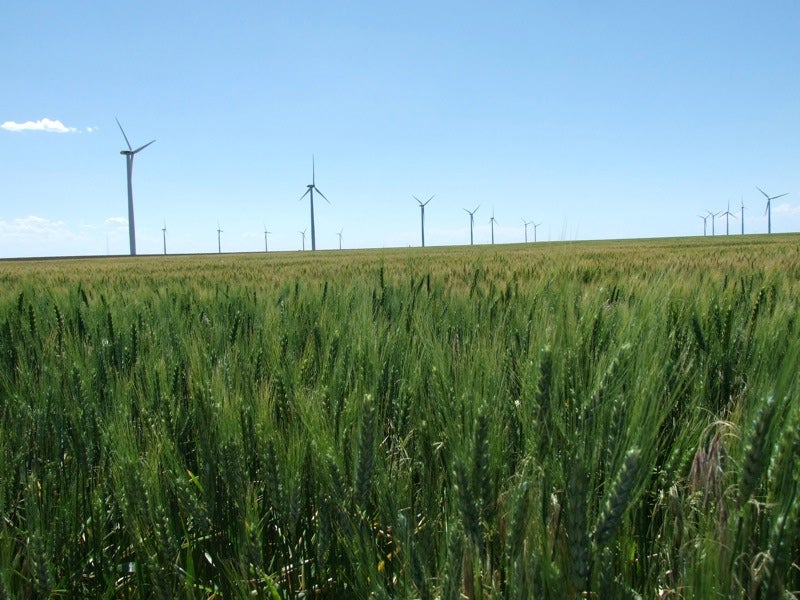Suit Filed to Stop Kansas Coal Plant
The Kansas Department of Health and Environment has given Sunflower Electric the green light to build a massive, dirty coal fired power plant.

This page was published 11 years ago. Find the latest on Earthjustice’s work.
The Kansas Department of Health and Environment has given Sunflower Electric the green light to build a massive, dirty coal fired power plant. Just last year, the Kansas Supreme Court found the permit for this plant to be illegal because it failed to meet the most basic protections for clean air. Despite that ruling, KDHE recently reissued the permit virtually unchanged, once again failing to protect the citizens of Kansas from harmful air pollution.
The permit allows unlawful levels of harmful pollutants such as mercury, nitrogen dioxide and sulfur dioxide—and it does nothing to limit the plant’s emissions of greenhouse gasses, even as the Environmental Protection Agency moves to finalize new protections that will require Kansas to lower its carbon emissions 23 percent by 2030.
KDHE’s insistence on moving forward with a large expansion of dirty energy in the state makes no sense. Power produced by dirty coal comes with enormous hidden costs that will harm people and the environment for decades.
Green energy is booming in Kansas and throughout the Midwest. Kansas should be leading the way to a clean energy future, not doubling down on a dirty and outdated coal plant.
The Kansas Department of Health and Environment has failed its duty to the people of Kansas. This permit does not meet the protective requirements of the Clean Air Act and other law. It should not be allowed to stand.
Earthjustice continues its fight against the dirty coal that is threatening the health of our communities and environment. Working with the Sierra Club, Earthjustice filed suit to challenge this permit, a challenge that will likely be heard by the Kansas Supreme Court.
Established in 1987, Earthjustice's Northwest Regional Office has been at the forefront of many of the most significant legal decisions safeguarding the Pacific Northwest’s imperiled species, ancient forests, and waterways.